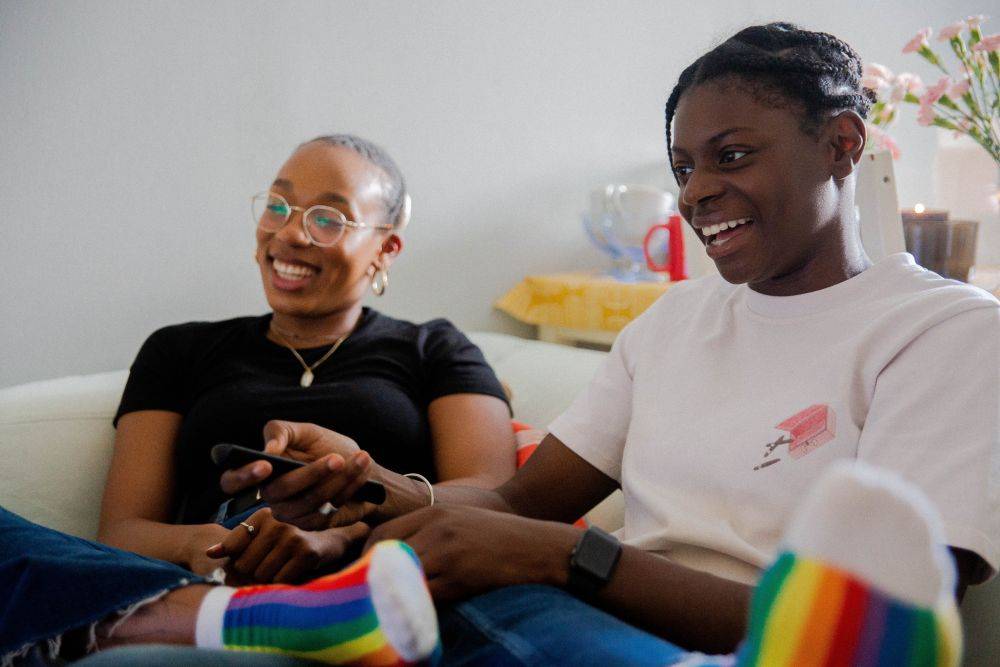Empowering LGBTQ University Quotas: Embrace Your Identity
Higher education can be a life-altering journey where individuals explore, discover and embrace who they truly are. Unfortunately, however, amongst all the learning and growth lies one major challenge for many students: their inability to openly express and embrace their identities, particularly LGBTQ+ students, at institutions of higher learning. Over time institutions were not as inclusive as they should have been and created barriers or stigmas which hindered many journeys for many individuals.
But change is underway: universities around the world are gradually realizing the need for more inclusive learning environments that acknowledge and celebrate diversity among their student bodies. Universities are starting to challenge the status quo by dismantling barriers that have long prevented LGBTQ+ students from reaching their true potential.
Implementation of LGBTQ university quotas is an integral step toward this goal, providing more representation for LGBTQ+ students while creating an atmosphere where all can freely express themselves and embrace their identities without prejudice or judgment. This article explores these policies, exploring their effects on higher education for LGBTQ+ students as a result. This can be read up on; whether you need help with write my essay online or just want a greater understanding of diversity and inclusion promotion at universities around the country, keep reading. Let’s find out more.

Breaking Down Barriers
One of the primary goals of LGBTQ university quotas is to break down any obstacles that have previously prevented these students from accessing higher education, whether this involves discrimination and prejudice or lack of representation and support.
Institutions are taking a bold stand against these challenges by introducing this type of quota, sending a clear message that discrimination based on sexual orientation or gender identity has no place within their halls. By doing this, universities make the university experience more accessible for prospective LGBTQ+ students, decreasing fears of prejudice and discrimination and making university more inclusive overall.
These quotas seek to increase representation in higher education. Representation gives students a sense of belonging and validation; seeing others who share similar experiences and identities can offer comfort, inspire confidence, and fuel aspirations.
Representing not only benefits their individual needs but also enriches university culture in general. A diverse student body creates an exciting and dynamic learning environment that promotes empathy, understanding, and respect among all of its members.
Cultivating a Welcoming Environment
LGBTQ university quotas are more than mere numbers; they form part of a wider strategy to foster an environment welcoming to LGBTQ+ students, including providing counseling services, healthcare facilities, and social events designed specifically to support this demographic.
Many universities are adding LGBTQ+ studies into their curriculums in order to promote understanding and acceptance among their student body as well as empower students themselves. By acknowledging and discussing experiences and issues, universities give these students a voice and platform: saying that "Your stories matter, your experiences matter, and you are seen."
Furthermore, universities provide an inclusive environment not just on their physical campuses; online platforms and communities play an essential role in providing connectivity and support to their students. By means of forums, social media groups, virtual events, etc., universities are reaching out to these students so they can express themselves freely while remaining safe from harassment.
Ripple Effect of Empowerment
The benefits of these quotas and the supportive environments they create extend far beyond individuals; their impact can transform not only larger communities and societies as a whole but also students within them.
As LGBTQ+ students feel more supported and accepted, their chances of academic and personal success increase significantly. Their successes not only lift themselves but also inspire other individuals to pursue higher education and meet their goals.
Allies Play an Essential Role
Allies are key components in creating a more inclusive higher education system. Their voices and actions have the power to support and advocate for LGBTQ+ students by standing against discrimination, taking part in pride events, or simply raising awareness of these issues.
Allies can play an invaluable role in building understanding and empathy between diverse university communities, creating an atmosphere in which everyone feels accepted, valued, and celebrated for who they are – further contributing to diversity and inclusion within higher education.
Working together, we can foster an environment in which all individuals, regardless of sexual orientation or gender identity, can fully embrace themselves, thrive academically, and become their best selves – fulfilling the mission of education! Society as a whole can contribute by supporting inclusive education policies and opposing discriminatory practices, creating an atmosphere in which all can express themselves freely and safely.

Final Thoughts
Accepting LGBTQ university quotas represents more than an admission policy; it's a commitment to creating an environment in which everyone can embrace their identity without fear or prejudice. Acceptance of these diversity-inspired admission quotas celebrates diversity while acknowledging its strength.
While progress towards LGBTQ+ inclusion in higher education still needs to be made, its achievements should still be acknowledged and celebrated. So whether you're an LGBTQ+ student hoping to embrace your identity at university or an ally looking to understand and support, remember that every step towards inclusion contributes towards creating a better, more understanding world. By welcoming diversity, we don't just improve universities; rather we transform society through student empowerment.
Universities provide an ideal setting for nurturing the next generation of leaders, thinkers, and doers. Their perspectives and values often guide future decisions and policies taken. Higher education institutions that promote inclusivity through university quotas are creating the conditions for an era in which diversity and acceptance become the norm, creating leaders who value everyone's right to express themselves freely. Their vision for an inclusive future extends far beyond university walls – impacting workplaces, governments, and societies.














